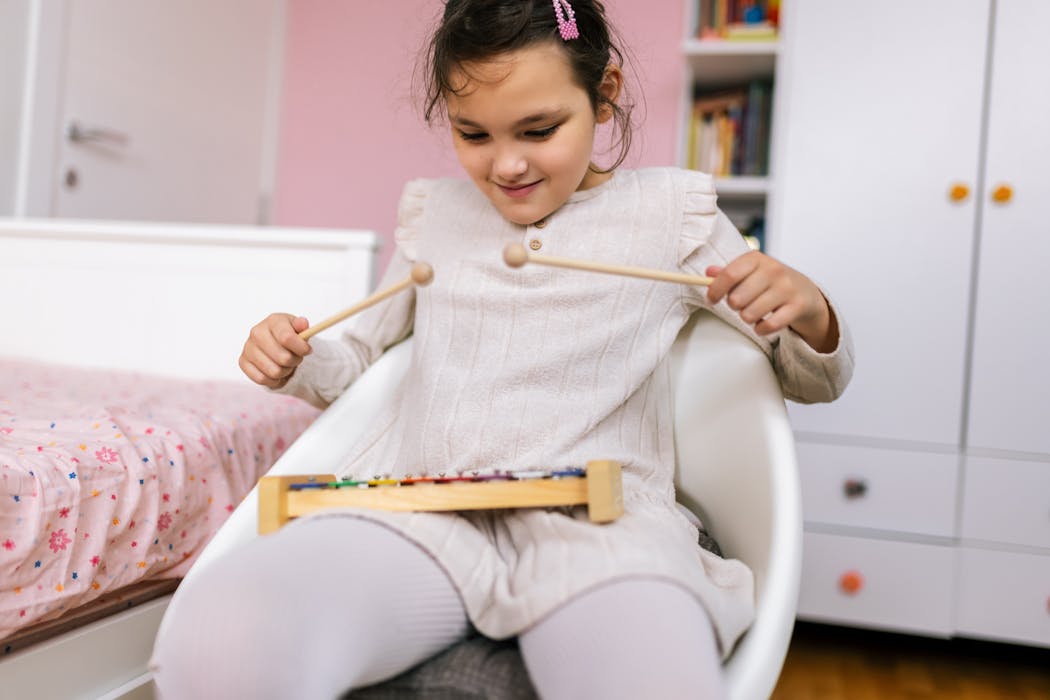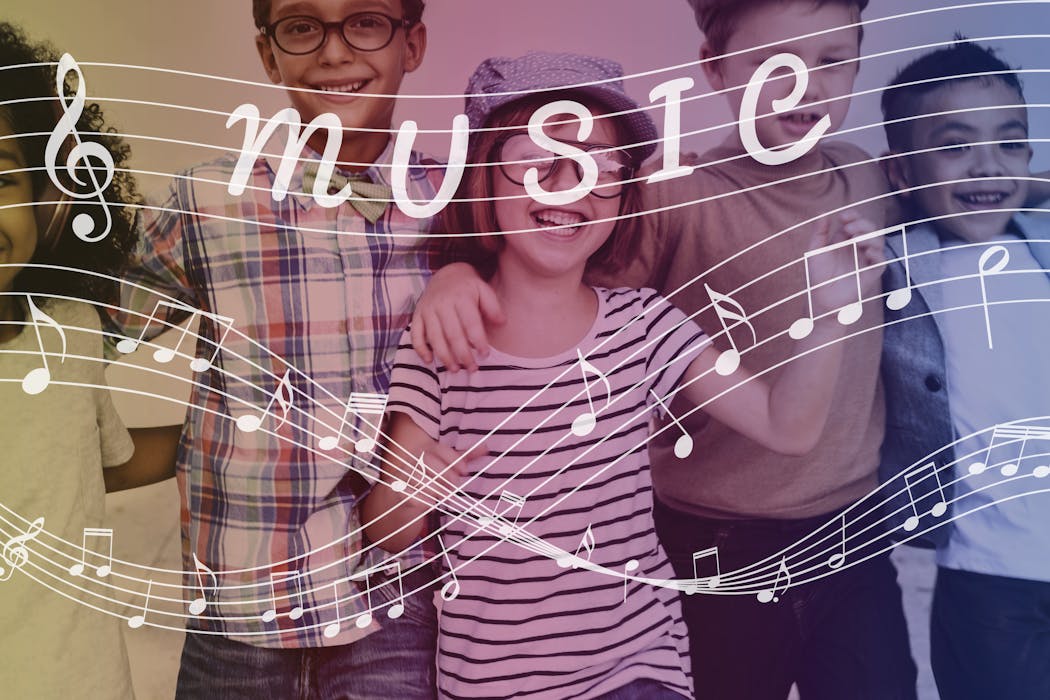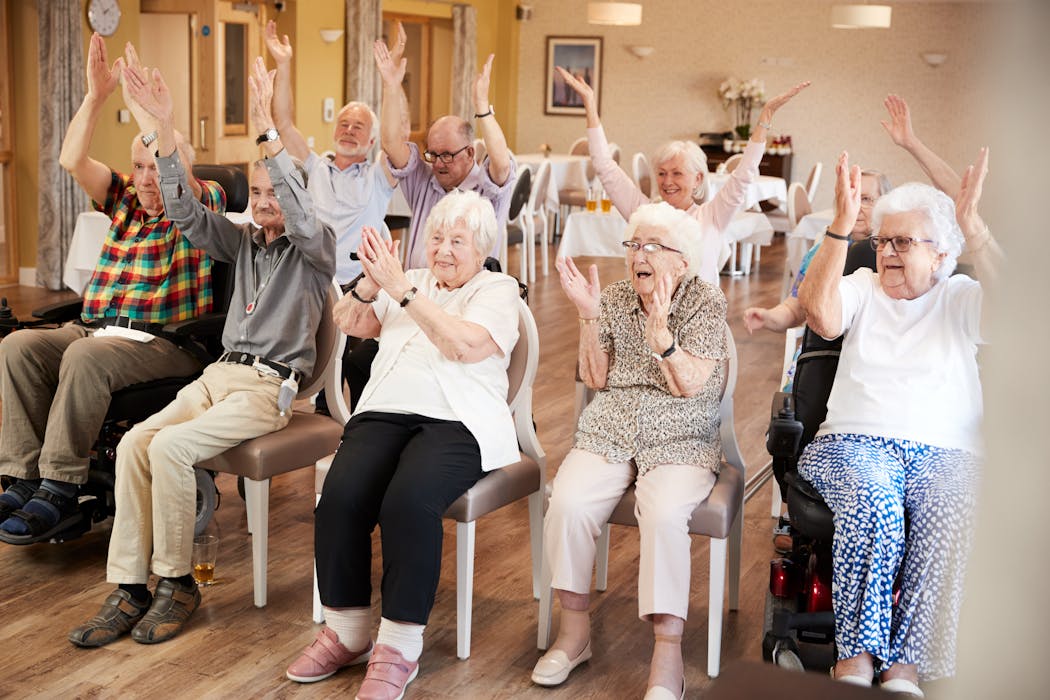Introduction: What is Mirroring and Why is it Important?
Mirroring is a phenomenon that occurs in social interaction where individuals unconsciously mimic the behaviors, gestures, and expressions of others. It is a natural and automatic process that helps to establish rapport and connection between individuals. Mirroring plays a crucial role in social interaction as it helps to build trust, empathy, and understanding between people.
Mirroring is an important aspect of human communication as it helps to create a sense of similarity and shared experience. When individuals mirror each other’s behaviors, it signals that they are on the same wavelength and creates a sense of rapport. This can lead to increased trust and cooperation, as well as a deeper understanding of each other’s thoughts and feelings.
The Neuroscience of Mirroring: How it Works in the Brain
The neuroscience of mirroring is based on the concept of mirror neurons. Mirror neurons are a type of brain cell that fire both when an individual performs an action and when they observe someone else performing the same action. These neurons are located in the premotor cortex and the inferior parietal cortex, which are areas of the brain associated with motor planning and understanding the actions of others.
Mirror neurons work by creating a neural representation of the observed action in the brain of the observer. This allows the observer to understand and interpret the actions of others, as if they were performing the action themselves. This process helps to create a sense of empathy and understanding between individuals, as it allows them to mentally simulate the experiences of others.
The motor cortex also plays a crucial role in mirroring behavior. When an individual observes someone else performing an action, the motor cortex is activated, as if the individual were actually performing the action themselves. This activation of the motor cortex helps to create a sense of embodiment and connection between the observer and the person they are mirroring.
The Role of Mirror Neurons in Mirroring Behavior
Mirror neurons play a crucial role in mirroring behavior as they influence how individuals imitate and learn from others. When an individual observes someone else performing an action, mirror neurons in their brain fire, creating a neural representation of the observed action. This neural representation allows the individual to imitate the action and learn from it.
Mirror neurons also play a role in empathy, as they help individuals understand and feel the emotions of others. When an individual observes someone else experiencing an emotion, mirror neurons in their brain fire, creating a neural representation of the observed emotion. This neural representation allows the individual to understand and empathize with the emotions of others.
Mirror neurons also have an impact on social learning. When an individual observes someone else performing a task, mirror neurons in their brain fire, creating a neural representation of the observed task. This neural representation allows the individual to learn and imitate the task, without having to physically perform it themselves. This process of social learning is crucial for the development of skills and knowledge in social interaction.
The Evolutionary Basis of Mirroring and its Importance for Social Interaction
Mirroring has an evolutionary basis and is believed to have originated as a survival mechanism. In early human history, mirroring behaviors helped individuals to establish trust and cooperation within their social groups. By mirroring the behaviors of others, individuals were able to signal their intentions and establish a sense of similarity and shared experience.
Mirroring also played a role in social bonding, as it helped to create a sense of connection and belonging within social groups. By mirroring the behaviors of others, individuals were able to establish rapport and build relationships with others. This sense of connection and belonging was crucial for survival, as it helped to ensure the protection and support of the group.
The benefits of mirroring for survival are still relevant today, as mirroring behaviors continue to play a crucial role in social interaction. By mirroring the behaviors of others, individuals are able to establish trust, empathy, and understanding, which are essential for building and maintaining relationships.
The Link Between Mirroring and Empathy: Why We Feel What Others Feel
There is a strong link between mirroring and empathy, as mirroring helps us to understand and feel the emotions of others. When we observe someone else experiencing an emotion, mirror neurons in our brain fire, creating a neural representation of the observed emotion. This neural representation allows us to understand and empathize with the emotions of others.
Mirroring also helps us to feel what others feel through a process known as emotional contagion. Emotional contagion is the phenomenon where individuals unconsciously mimic the emotions of others, leading to a shared emotional experience. When we observe someone else experiencing an emotion, mirror neurons in our brain fire, creating a neural representation of the observed emotion. This neural representation triggers a similar emotional response in ourselves, leading to a shared emotional experience.
The link between mirroring and empathy is crucial for social interaction, as it helps us to understand and connect with others on an emotional level. By mirroring the emotions of others, we are able to show empathy and support, which can help to strengthen relationships and build trust.
Mirroring and Communication: How it Affects Verbal and Nonverbal Communication
Mirroring has a significant impact on both verbal and nonverbal communication. In verbal communication, mirroring can help to establish rapport and create a sense of connection between individuals. When individuals mirror each other’s speech patterns, tone of voice, and language, it signals that they are on the same wavelength and creates a sense of similarity and shared experience.
In nonverbal communication, mirroring plays a crucial role in establishing rapport and understanding between individuals. When individuals mirror each other’s body language, gestures, and facial expressions, it signals that they are in sync and creates a sense of connection. This can lead to increased trust and cooperation, as well as a deeper understanding of each other’s thoughts and feelings.
The impact of mirroring on communication can vary across different cultures. In some cultures, mirroring is seen as a sign of respect and attentiveness, while in others it may be seen as intrusive or disrespectful. It is important to be aware of cultural differences and adapt mirroring behaviors accordingly to ensure effective communication.
The Impact of Mirroring on Relationships: How it Builds Trust and Connection
Mirroring plays a crucial role in building trust and connection in relationships. When individuals mirror each other’s behaviors, gestures, and expressions, it signals that they are on the same wavelength and creates a sense of similarity and shared experience. This can lead to increased trust and cooperation, as well as a deeper understanding of each other’s thoughts and feelings.
Mirroring also helps to create a sense of connection in relationships. When individuals mirror each other’s behaviors, it creates a sense of rapport and shared experience. This can lead to a deeper sense of connection and intimacy, as individuals feel understood and validated by their partner.
The impact of mirroring on romantic relationships is particularly significant. Mirroring behaviors such as mirroring body language, gestures, and expressions can help to create a sense of intimacy and connection between partners. It can also help to build trust and understanding, as partners feel that they are on the same wavelength and have a shared experience.
The Dark Side of Mirroring: When it Leads to Negative Behavior and Groupthink
While mirroring can have many positive effects on social interaction, it can also have negative consequences. When individuals engage in negative mirroring behaviors, such as mirroring aggressive or hostile behaviors, it can lead to a cycle of escalating negative behavior. This can result in conflict and breakdown of relationships.
Mirroring can also contribute to groupthink, which is a phenomenon where individuals within a group conform to the group’s beliefs and decisions, even if they are not in agreement. When individuals mirror the behaviors and opinions of others within a group, it can lead to a lack of critical thinking and independent decision-making. This can result in poor decision-making and a lack of innovation within the group.
To avoid negative mirroring behavior, it is important to be aware of our own actions and behaviors, and to consciously choose to mirror positive and constructive behaviors. It is also important to encourage independent thinking and diversity of opinions within groups, to avoid the pitfalls of groupthink.
How to Harness the Power of Mirroring: Tips for Practicing Effective Mirroring
To harness the power of mirroring, there are several tips that can be followed:
1. Observe and imitate: Pay attention to the behaviors, gestures, and expressions of others and consciously imitate them. This can help to establish rapport and create a sense of connection.
2. Be authentic: While mirroring is important, it is also important to be authentic and true to yourself. Avoid mimicking behaviors that feel unnatural or forced, as this can come across as insincere.
3. Listen actively: Actively listen to others and mirror their speech patterns, tone of voice, and language. This can help to create a sense of understanding and empathy.
4. Use body language: Mirror the body language, gestures, and facial expressions of others to establish rapport and create a sense of connection.
5. Adapt to cultural differences: Be aware of cultural differences and adapt mirroring behaviors accordingly. What may be seen as respectful in one culture may be seen as intrusive in another.
Conclusion: The Future of Mirroring Research and its Potential for Improving Human Interaction
The study of mirroring is a rapidly growing field of research, with the potential to greatly improve human interaction. By understanding the neuroscience and psychology behind mirroring, researchers can develop strategies and interventions to enhance social interaction and communication.
Continued research on mirroring can help to uncover new insights into the role of mirror neurons and their impact on behavior and cognition. This research can also help to develop new techniques and interventions to improve social skills and enhance empathy and understanding.
The potential for mirroring to improve communication and relationships is vast. By harnessing the power of mirroring, individuals can build trust, empathy, and connection with others. This can lead to more fulfilling relationships, increased cooperation, and a deeper understanding of each other’s thoughts and feelings.
Find out how Torongo Therapyplus can help you with your needs. Get in touch with us at smile@torongo.life, or call us on 02 8809 9965.































